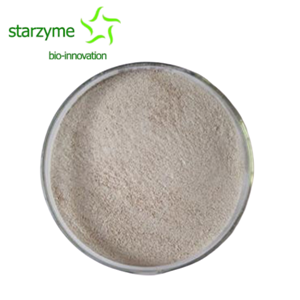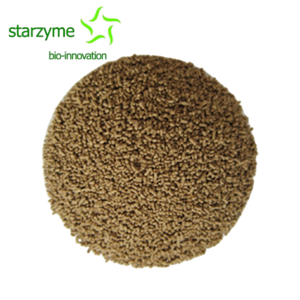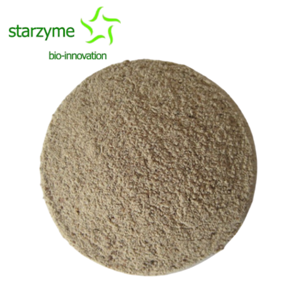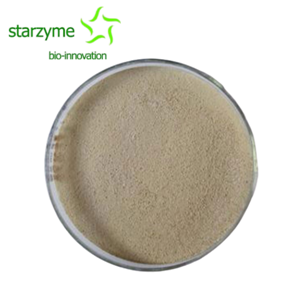Improving Animal Feeds: Types of Enzymes For Animal Feed
Types of Enzymes for Animal Feed
Animal feed enzymes can break down NSP’s (starch, fiber), protein, and phytate.
Starch
The inefficient use of starch is particularly noticeable in weaned piglets. Healthy growth rates suffer due to the piglets’ inability to fully digest the carbohydrate in maize or corn, which is the most common form of feed.
Adding enzymes helps to more rapidly break down the starch in the piglets’ immature small intestine, allowing a greater proportion of nutrients to enter the pig’s system.
Fiber
Monogastrics, or animals with a single-chambered stomach, can’t digest fiber. Fiber is a good source of hemicellulose complex but is not digestible by the animals. Pigs and poultry naturally make inefficient use of fibrous foodstuffs, such as wheat, rye, or barley meal. Hemicellulose in indigestible fiber disrupts their ability to absorb nutrients from their feed, which can inhibit growth and lead to poor health.
Adding enzymes to high-fiber feed improves its nutritional value, helping the animal to grow quickly and reducing digestive health issues.
Protein
Many young monogastrics can’t utilize the substantial amounts of protein found in soybean and other such foodstuffs. Many of the typical feedstuffs used also contain anti-nutritional factors (ANF’s) that not only impede the absorption of nutrients but can damage the interior of the gastrointestinal walls. Supplementing feed with enzyme products will help the animal to hydrolase the protein to peptides and amino acids thus improving absorption and neutralize the effects of ANFs.
Phytate
Phytic acid locks up the phosphorus in feed, reducing the digestible phosphorus for an animal by 60-70 percent. Farmers and breeders must add phosphorus to feed to ensure proper nutrition during the lifecycle of swine and poultry.
Adding a phytase enzyme to feed will unlock the phosphorus from phytic acid, allowing the animal to absorb a higher percentage of the phosphorus in the feed.
Reducing waste products containing phosphorus is also better for the environment. Phosphorus contained in animal waste ultimately leaches into groundwater, lakes, and streams. Algae thrive on phosphorus and proliferate in its presence, which depletes the amount of oxygen in the water, killing other plants and threatening the local ecosystem.




